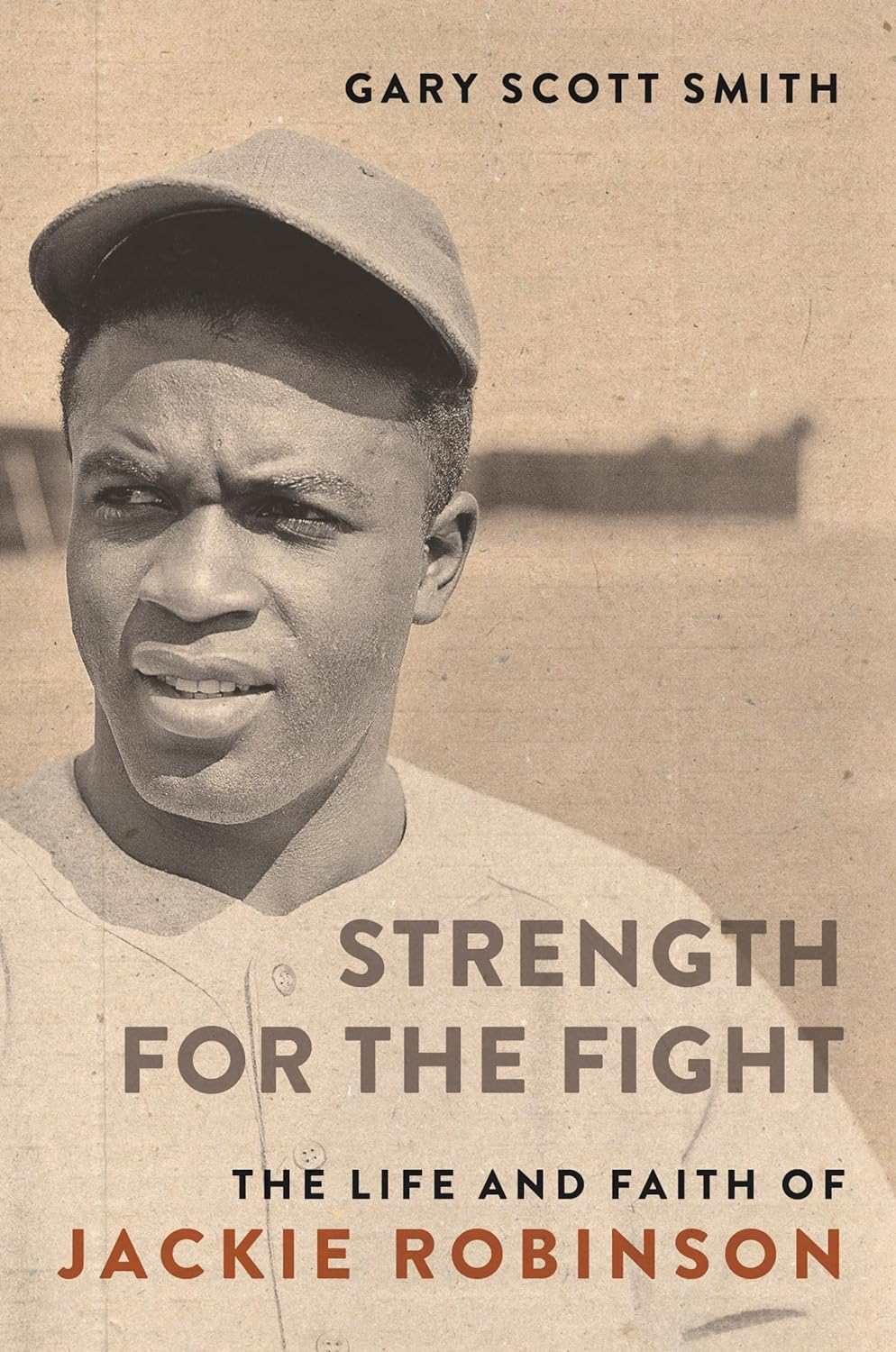Fifty years ago this October, Jackie Robinson’s final autobiography, I Never Had It Made, was published, just one week after Robinson died.
It’s a book that I assigned as a history professor when teaching a post-1877 U.S. history class, because it’s fundamentally a book about America—about politics, race, and sports, about a changing post-World War II cultural and political landscape, about one man’s experience navigating and even shaping those changes.
In short, it’s a book that helps students think about the narratives we tell about America.
Robinson symbolizes one particular understanding of America that still holds strong today. In popular myth, it’s a story rooted in his 1947 rookie season, when Robinson captured the nation’s attention by desegregating Major League Baseball. Robinson, in this story, is the heroic individual who leads America into its more inclusive future through sheer force of will, who inspires America to become the best version of itself.
In this telling there is no need for marches, protests, or government intervention. Just a white man—Branch Rickey, who signed Robinson to the Dodgers—willing to give a Black man a chance, and that Black man seizing the opportunity. By knocking base hits while turning the other cheek, Robinson gradually wins over white teammates and fans who leave the baseball field emboldened to create a more inclusive society.
Turn to the preface of I Never Had It Made, however, and that popular mythology is turned on its head with Robinson’s reflections on the scene just before the 1947 World Series.
“The air was sparking. The sunlight was warm. The band struck up the national anthem. The flag billowed in the wind,” Robinson writes. Yet, instead of basking in the moment or reflecting with pride on the new America that he helped to usher in, the Jackie Robinson of 1972 saw his story in a different light. His success on the integrated playing field had not fulfilled its social promise. It had not trickled down into the rest of society.
“Today as I look back on that opening game of my first world series, I must tell you that it was Mr. Rickey’s drama and that I was only a principal actor,” Robinson continued. “As I write this twenty years later, I cannot stand and sing the anthem. I cannot salute the flag; I know that I am a black man in a white world. In 1972, in 1947, at my birth in 1919, I know that I never had it made.”
